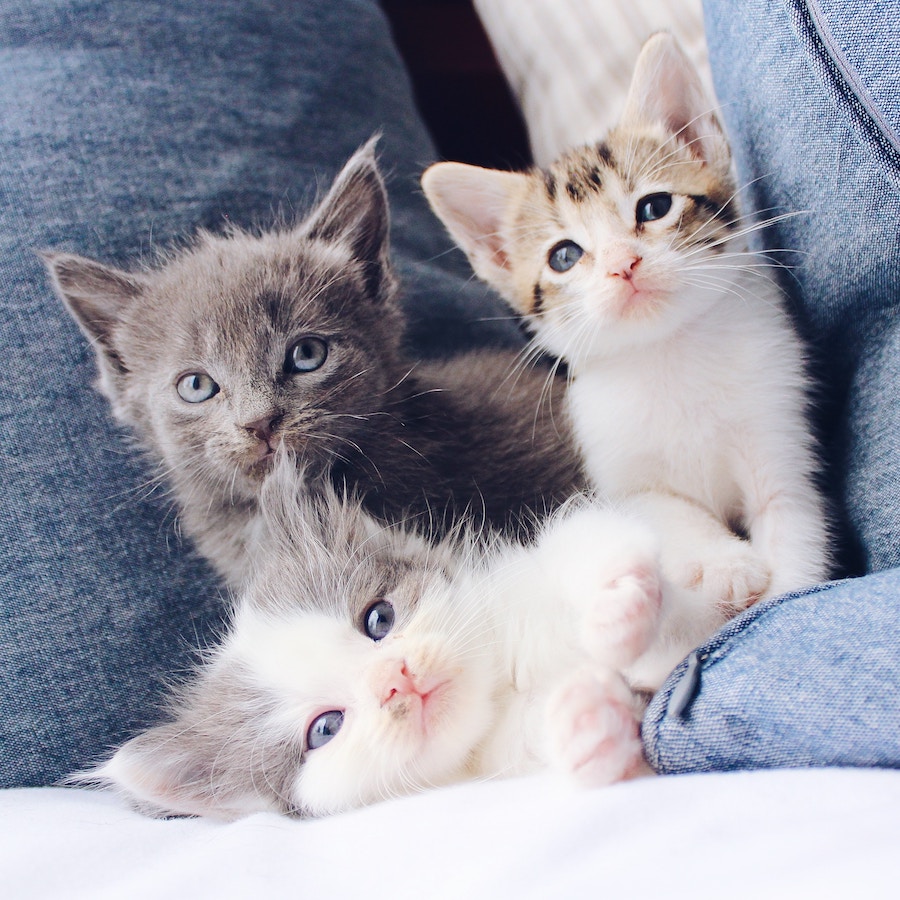Mia stands in the doorway of the long narrow kitchen. ‘There’s a man with funny shoes,’ she says.
I am simmering lentils, the windows are all steamed up, and it’s getting dark. I follow her into the back room. The fire is not lit yet, so the only heat for the whole house is the little blue flame in the oven’s accreted black heart.
There is a man with funny shoes on the telly. They curl up at the end and are silver. He is silver. Mia is enchanted by the story and, for a moment, I am too. Silver shoes and I think of Walter de La Mare’s magical poem for children:
Slowly silently now the moon
Walks the night in her silver shoon…
The poem is called ‘Silver’ and it is as enriching to the imagination as it ever was. Mia and I watch the telly and the lentils boil over.
Mia stands in the doorway of the kitchen. Her mouth is wide open in a scream. I look up from my book and regard her tonsils wobbling at the back of her throat. She points dramatically behind me. The crumpets under the grill are on fire. Mia has seen the reflection in the window – she is watching telly in the back room and its window looks onto the yard and into the kitchen window. Mia thinks the house is burning down, that there will be no crumpets, that the blackened remnants I rescue from the grill could have been her. Life feels precarious and risky. It is precarious and risky.
The house fronts onto the street. There is no respite from the parallels of cars. We have a window box set on an upstairs sill. The hope is that the flowers will waft their scent into the room, dissipating the petrol fumes and the stench from the local tannery. Harriet, who is four, sees a bee cruising the petals and reaches for it, leaning into the box. Perilously perched, it crashes downwards. In the empty space the bee buzzes mildly.
I wonder if this means something. Our lives so uncertainly balanced, hinging on chance and possibility. Whether the money will last until the next family allowance pay-out, and how long the stand-pipe queue will be tomorrow. We have no water; we have no water. And it is very hot and I’m pregnant. It is the 1970s.
How did this happen, and I don’t know. Two children and counting. The house is a structure of squares. Except for the attic, which is pointed and has a miraculous window onto the long narrow garden. This is colonised by an army of red ants and foot-high weeds. And a sprinkling of wild strawberries, diminutive, red. My daughters are photographed by my brother. They are bare-legged, shiny and new, faces bright into the sun. We have three cats. I can’t remember how we acquired them.
One day my mother visits. She wears her fur jacket. The kitchen windows stream with condensation, the flame in the gas oven flickers. She doesn’t stay long – only to question the usage of the carrycot (her new baby gift) which is now a bed for kittens.
Mia is obsessed with kittens. After her quarter pint of herb tea, the bottle tossed uproariously into a corner of the kitchen, she is released from her highchair to climb the stairs up to the carrycot positioned on the half landing. She throws herself in with the kittens, their little sucking mouths. In the morning, Harriet takes a basket and fills it with kittens and brings it to Mia’s cot. I have told her not to do this as kittens are not house-trained and do not discriminate. But each morning when I enter the room, there under covers, are the moving squeaking bumps of Mia’s delight. My daughters’ anarchy – which they will keep all their lives.
We go for a cycle ride. Mia sits behind me. ‘Are we there yet? I’m tired. I’m thirsty. I want to go home’. Her plaintive litany.
We stop on the river at a pub garden. It is the week between Christmas and New Year. It is frosty, the frost lying long into the day. We have no money to go inside, so we eat our peanut butter sandwiches on a bench in the empty garden under skeletal trees.
The publican comes out and asks us to move on. It is Christmas week and joy unto all mankind. The publican is bilious with dislike – does he think we are going to set up camp? Finn, resentful and sullen, gets arsy and I’m afraid he might start a fight. He is from Glasgow and these days, father of three, on a very short fuse.
‘Let’s go,’ I say. Peaceably.
Let’s go. And start again. Begin again. Begin the whole damn thing again.
There was an old man called Michael Finnegan
He grew whiskers on his chin-a-gen
The wind came out and blew them in again
Poor old Michael Finnegan. Begin again.
I sing this to Mia all the way home. Finn, with Harriet in the bike seat behind him, does not think it amusing. But the wind has been very cold in our lives for a while now.
